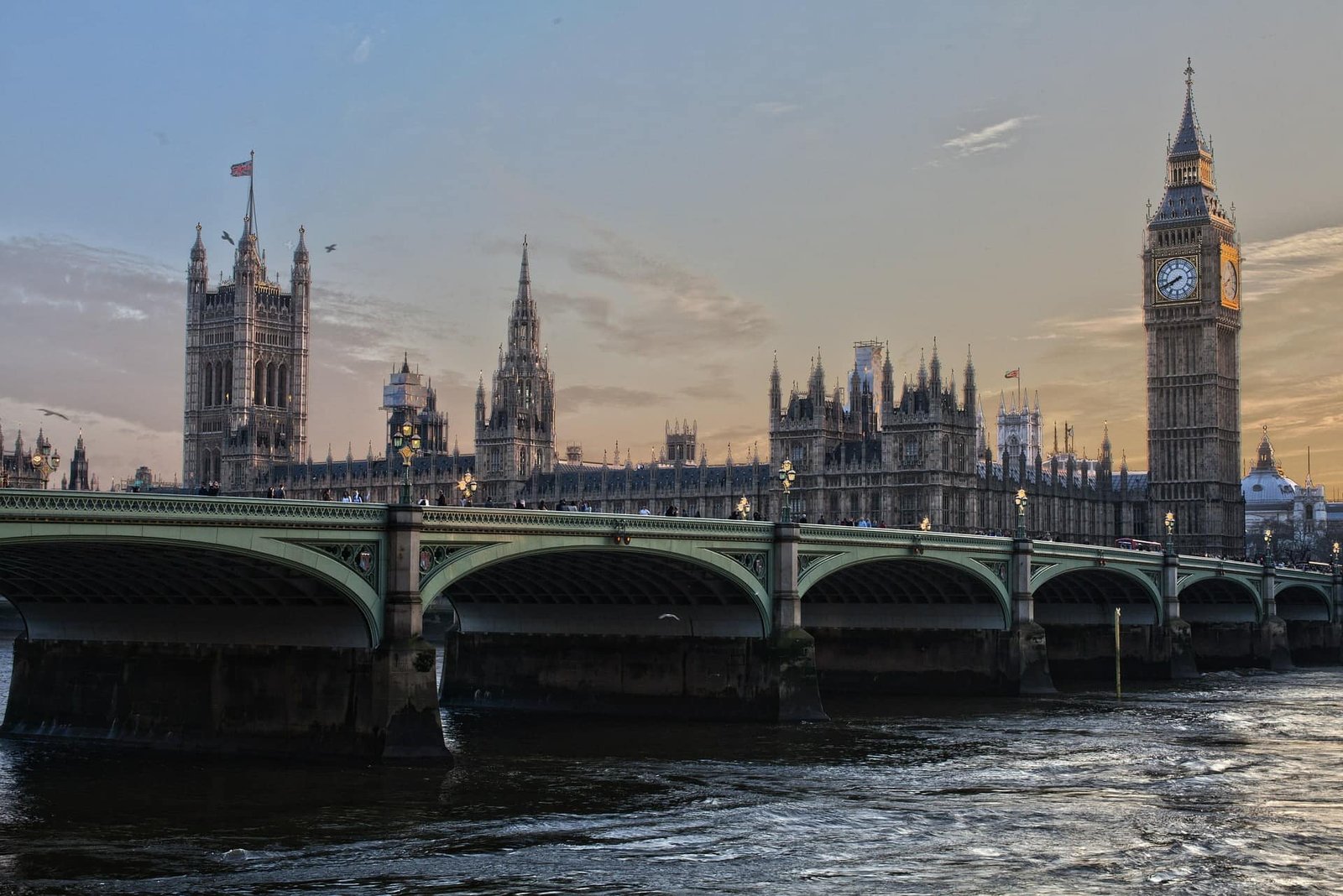Cities in the United Kingdom
City status in the United Kingdom is granted by the British monarch to some communities. Becoming a city is not automatic, but many people think that any town that has a cathedral is a city. This is because Henry VIII built cathedrals in six English towns and also granted made them cities by letters patent. A city council does not have any more powers than a borough or district council. – Definition Source: Wikipedia
Please note that not all cities have no dates in the City Status, this is because the status predates any known historical records.
| City | Year city status granted |
| English Cities | |
| Bath | 1590 |
| Birmingham | 1889 |
| Bradford | 1897 |
| Brighton & Hove | 2000 |
| Bristol | 1542 |
| Cambridge | 1951 |
| Canterbury | |
| Carlisle | TI |
| Chelmsford | 2012 |
| Chester | 1541 |
| Chichester | TI |
| Coventry | 1345 |
| Derby | 1977 |
| Durham | TI |
| Ely | TI |
| Exeter | TI |
| Gloucester | 1541 |
| Hereford | 1189 |
| Kingston upon Hull | 1897 |
| Lancaster | 1937 |
| Leeds | 1893 |
| Leicester | 1919 |
| Lichfield | 1553 |
| Lincoln | TI |
| Liverpool | 1880 |
| City of London | TI |
| Manchester | 1853 |
| Newcastle upon Tyne | 1882 |
| Norwich | 1195 |
| Nottingham | 1897 |
| Oxford | 1542 |
| Peterborough | 1541 |
| Plymouth | 1928 |
| Portsmouth | 1926 |
| Preston | 2002 |
| Ripon | 1836 |
| Salford | 1926 |
| Salisbury | TI |
| Sheffield | 1893 |
| Southampton | 1964 |
| St Albans | 1877 |
| Stoke-on-Trent | 1925 |
| Sunderland | 1992 |
| Truro | 1877 |
| Wakefield | 1888 |
| Wells | 1205 |
| Westminster | 1540 |
| Winchester | TI |
| Wolverhampton | 2000 |
| Worcester | 1189 |
| York | TI |
| Scottish cities | |
| City | City Status |
| Aberdeen | 1891 (royal burgh: 1179) |
| Dundee | 1889 (royal burgh: 1191) |
| Edinburgh | 1889 |
| Glasgow | 1492 (royal burgh; city status has never been formally granted) |
| Inverness | 2000 |
| Perth | 2012 |
| Stirling | 2002 |
| Welsh cities | |
| City | City Status |
| Bangor | TI |
| Cardiff | 1905 |
| Newport | 2002 |
| St Asaph | 2012 |
| St David’s | 1994 |
| Swansea | 1969 |
| Northern Irish cities | |
| City | City Status |
| Armagh | 1994 |
| Belfast | 1888 |
| Londonderry | 1613 |
| Lisburn | 2002 |
| Newry | 2002 |

